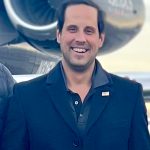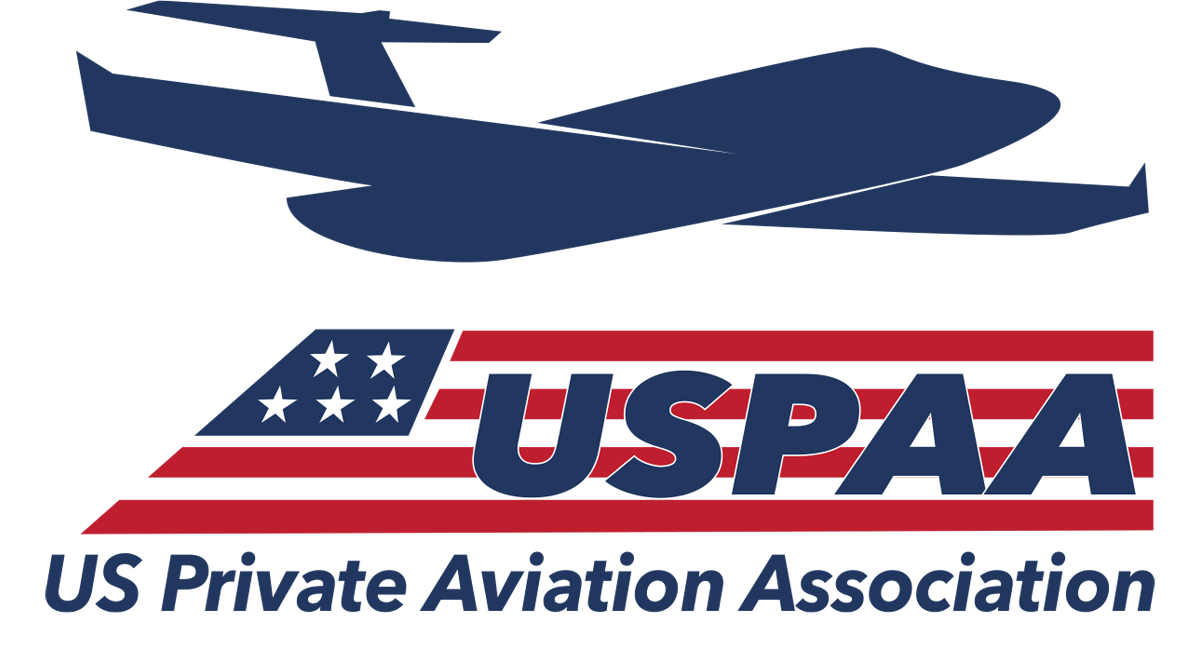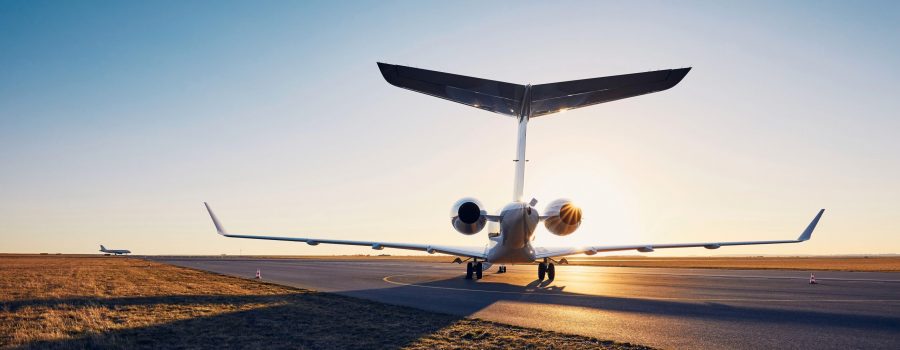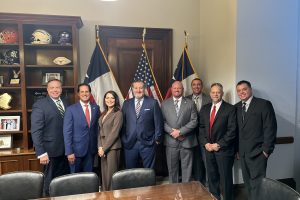With major regulatory changes in hand at the FAA and DOT, South Carolina state senator, USPAA member and Exodus Aircraft operator Josh Kimbrell shines a light on the impacts these may have on the Part 135 world.
by Josh Kimbrell

Small businesses tend to take the brunt of government over-regulation. It drives up the cost of doing business and drastically impacts the services that small businesses can provide. It’s happening across nearly every industry, every day, and it is nothing new in the way government regulators work, according to Exodus Aircraft operator Josh Kimbrell.
Following the financial crisis in 2009-2010, Congress passed the Dodd-Frank Financial Protection Act to ‘protect consumers’. The law stacked regulation on regulation to the point that only large banks could absorb the costs and survive. Predictably, smaller banks were forced to either close their doors or merge with larger institutions, bringing an end to the old local bank that served the small businesses in rural America.
The same thing seems to be happening in America’s national air travel industry.
Since the travel slump of COVID, Part 121 operators like American, Delta and United have shifted operational focus to major hub cities, leaving travellers in ‘fly-over country’ with limited options. While the Essential Air Service programme has given some assurance to these rural and underserved communities, the US Department of Transportation and the Federal Aviation Administration seem to be taking aim at Part 135 operators who are filling the gap in service.
Most of these private air charterers operating flights under DOT 380 are small businesses. They serve ticket counters in rural communities, connecting those travellers directly to the national air transportation system across America.
Honestly, it should be a win-win. Underserved communities get direct air access, and small businesses create thousands of jobs and generate hundreds of millions of dollars in economic growth.
But proposed DOT and FAA changes that could eliminate, or at least drastically revise, the DOT 380 programme would, in essence, shutter much of the Part 135 industry and impact so many of the smaller communities that these operators serve.
The US Private Aviation Association has called for a ground stop on these regulatory changes. If the proposed changes to DOT 380, TSA’s Twelve-Five Standard Security Program, and new charter regulations are ever adopted, the result will mirror what occurred in the financial sector. Regulations will favour larger corporations, driving up costs for smaller businesses, leaving consumers with fewer choices and limited access.
Dodd-Frank largely enticed regulatory agencies to simplify their oversight role by having fewer, larger institutions to monitor instead of a multiple, smaller ones. The financial services industry has never been the same, nor have the communities that smaller banks used to serve.
Rural and underserved communities cannot be left to suffer so that the FAA can consolidate regulatory categories. The future of private air travel is at stake, and pro-market leaders in Congress need to recognize the impact private air charter has across America and protect the playing field that serves every community in the country.
Sen. Josh Kimbrell is a state senator in South Carolina and operator of Exodus Aircraft, LLC, a Part 135 private charter operator based in Spartanburg, SC.





Leave a Reply
Your email is safe with us.